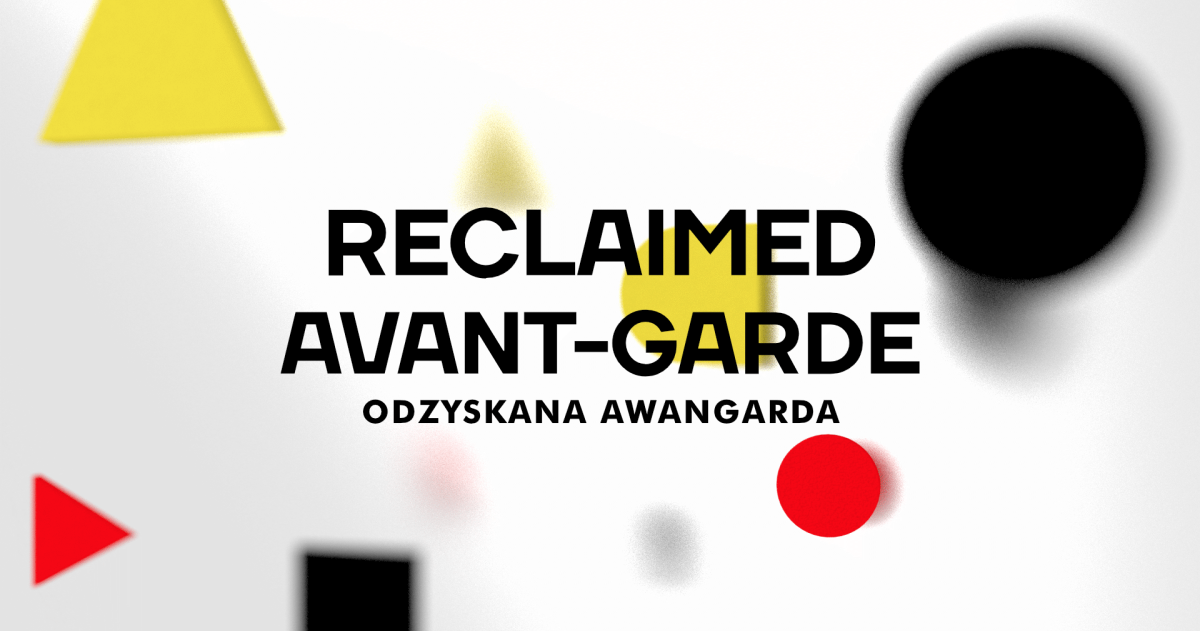Reclaimed Avant-garde project was initiated in 2017 by the Zbigniew Raszewski Theatre Institute. The project has involved collaboration between scholars and theatre centres from the countries of Central-Eastern Europe. The international research group has created an open platform for a broadening exchange of knowledge and a deepening analysis of the intercultural heritage of the avant-garde.
The Reclaimed Avant-garde project aims to document and present the achievements of the theatre avant-garde of Central-Eastern Europe. The historical avant-garde was largely understood as a group of phenomena and artistic projects that emerged in Europe between World War I and World War II, and specifically, we set forth a definition of Central European avant-garde to be a set of phenomena that developed under different historical, political, and cultural circumstances, and simultaneously remained in a strong and complex relationship with two great avant-garde centres: Russia and Germany. The starting point is the assumption that the influence of the German and Russian theatre avant-garde overshadowed the achievements of the theatre avant-garde in the countries located between Germany and Russia – those from the Baltic countries to the Balkans and the Caucasus. Meanwhile, the culture of these countries has produced original, unique designs and solutions, which to some extent processed the inspiration flowing between East and West, but were invariably guided by the search for their own theatrical style.
It is of great importance, here, that following World War I, the vast majority of countries in the aforementioned regions found themselves in an entirely new political situation: regaining or gaining independence, or by changing the shape of their own existing state power (e.g. Hungary). As a result, avant-garde projects, in a way unheard of to this extent in other parts of Europe, were closely linked with the search for forms of collective identity and shape of modern national culture; in many cases they were also associated with the creation of new forms of statehood. In the avant-garde explorations of Central and Eastern Europe, theatre art was considered to be closely related to social life, therefore was tasked with its re-formation, and linked to a search for new shapes of space, interpersonal relations, aesthetics of everyday life, and so on.
Our goal is to present the specifics of Central-Eastern European theatre avant-garde within these contexts. The Zbigniew Raszewski Theatre Institute, starting in 2017, initiated the platform for researchers of Central-Eastern European theatre to enable the exchange of knowledge and free discussion. Reclaimed Avant-garde also sets out to situate Polish culture within a network other than a stereotypical East-West dimension, and points to the numerous, strong, and often neglected links with theatre culture in Central and Eastern Europe. We strive to document the achievements of the Polish and Central European theatre avant-garde as an element of the important, though forgotten, heritage of national and European culture. Demonstrating the Polish theatre avant-garde’s links to specific artistic movements within Central and Eastern Europe, the project not only revisits the neglected achievements of Polish culture, but also re-contextualizes and proposes a new understanding of the connection between Polish culture and the cultures of the region. Situating the Polish theatre avant-garde within contexts of the Central-Eastern European avant-garde, and creating a lexicon of Central-European avant-garde theatre will serve as a basis for future research of an analytical and interpretative nature, thereby providing inspiration for contemporary theatre artists.


